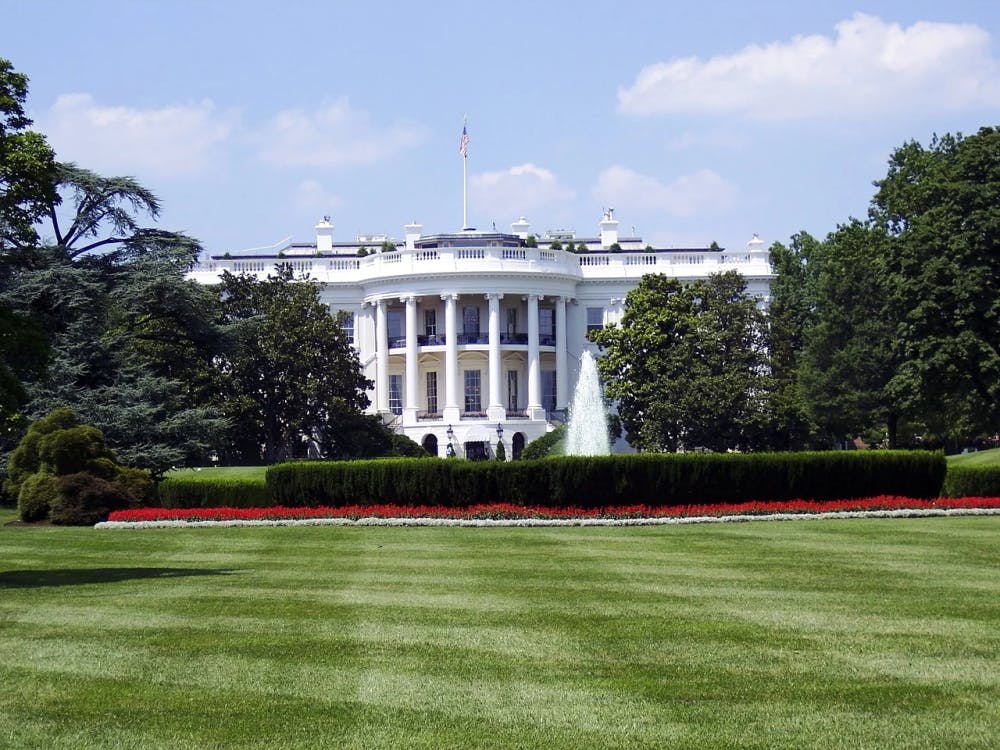By: Mackenzie Lotz
In this ever-changing world, new things become more relevant to us every day. One thing that has constantly been relevant, and will continue to be relevant, is climate change. Although this is a tricky topic to discuss, it’s one that needs to be discussed. According to the National Aeronautics and Space Administration, even if steps are taken to prevent further climate change, such as lowering greenhouse gases, it will still continue on a negative trend for decades afterwards. Climate change has been a big topic within the recent presidential debates, and it can get kind of confusing to follow along with. So, here’s a breakdown of each candidate’s plan for climate change and what that could mean for the future.
Let’s begin with Donald Trump. His first environmental action after he assumed the presidency in 2016 was drop out of the Paris Climate Accord, which is an effort to reduce greenhouse gas emissions that over 200 countries signed. Despite new journals and extensive research and evidence regarding climate change, Trump remains adamant on this course. Already he has increased carbon dioxide emissions for the first time in three years and he has opened the Arctic National Wildlife Refuge for drilling. As for his future plan if reelected: there doesn’t seem to be one.
Joe Biden, on the other hand, has big plans for the future of climate change if elected in November. Biden’s primary plan of action is to put $1.7 trillion into renewable power over the next 10 years. He plans to do that by introducing electric vehicles, tax credits and boosted research into new technologies. This is something that will take time to build, but it will be sustainable for years to come. He is promoting the use of electricity over fossil fuels in cars, unlike Trump, who is promoting the use of fossil fuels. It is worth noting, however, that Biden does not plan to ban hydraulic fracturing, or fracking: during Wednesday’s debate, Vice President Mike Pence accused Biden’s climate plan to include a fracking ban.
Biden’s changes are projected to minimally impact consumer’s electricity bills and usage, and the plan claims it will create 10 million jobs, both of which are major pros entering the new economy America is facing. The only downside to solar and wind energy is very simple: sometimes it just isn’t windy or sunny enough to create enough energy. Though not a major problem, it shows that it will take time and effort to create a good plan for the future of climate change.
A lot of questions have been asked about the differences between the Green New Deal and Biden’s plan. There are really only a few differences between these plans. The Green New Deal was presented by Representative Alexandria Ocasio-Cortez and Senator Edward J. Markey, both Democrats. It aims to wean the US from fossil fuels, lower greenhouse gas emissions, and guarantee high paying jobs in clean energy industries. This is pretty similar to Biden’s plan, except for one key detail. Because the Green New Deal is nonbinding due to its classification as a simple resolution, nothing in the Green New Deal can become a law—even if Congress had approved it (which they didn’t).
Whether you’re a Democrat or a Republican, the environment is necessary for everyone and something that should be protected without argument. So the big takeaway—VOTE!
Cover photo courtesy of Pixabay




